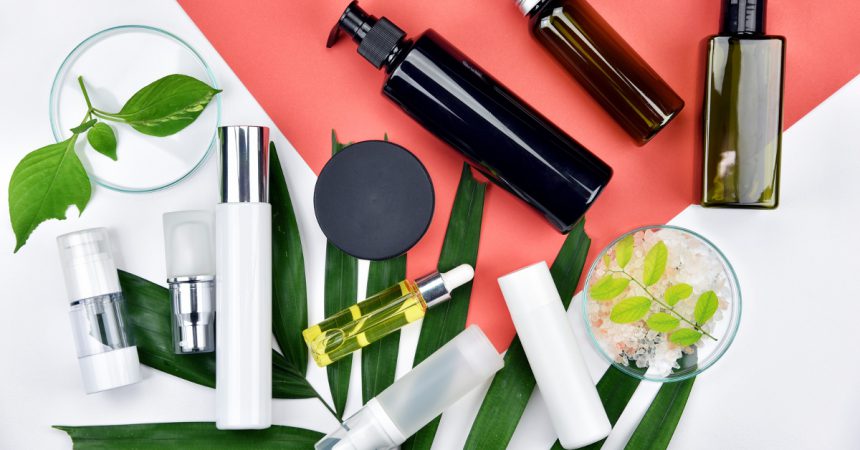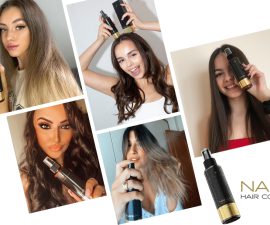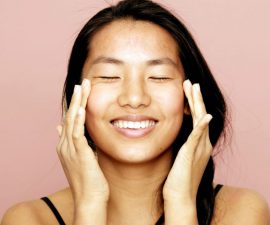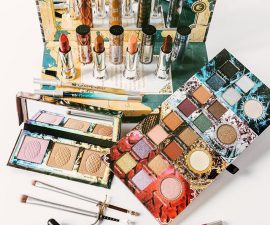Nowadays, natural beauty industry is recognized as one of the fastest-developing. We’re becoming more and more conscious consumers, therefore we prefer to choose natural products. However, despite gaining the knowledge, is there anything about natural cosmetics that you might not be aware of?
Today, natural cosmetics can be found almost everywhere – in a pharmacy, drugstores and e-shops. We’re crazy about products derived from nature because their composition is made from vegetable and mineral substances. It’s believed that we find there neither chemical nor synthetic substances that might harm us somehow. Besides, we’re convinced that natural beauty products help us be eco-friendly and manifest our concern about natural environment.
This is how our idea about natural cosmetics looks like. But what’s the truth about natural cosmetics? It’s worth getting to know a few facts to get the bigger picture.
Definition of natural cosmetic
Sadly, we still don’t have a simple and unambiguous definition what a natural cosmetic really is. The terms such as ‘eco,’ ‘natural,’ and ‘organic’ are often confused and used interchangeably, which might be a muddler. The organizations being responsible for stating if a particular cosmetic is natural are Ecocert, NaTrue and Vegan Society, to name just a few. Despite not having unified criteria, there are a few factors that make some beauty products stand out when compared to other seemingly similar cosmetics.
What are natural cosmetics?
If you want to be certain that the product you are about to buy is natural, you must reach deeper than just read the label. In general, natural cosmetics must share several essential characteristics.
Natural cosmetics:
- Are produced by using material that occurs in nature: plants and minerals.
- Are based on semi-finished goods originated from organic farming.
- Are composed of substances obtained non-mechanically.
- Are free from synthetic substances, colorants and preservatives.
- Undergo biodegradable processes that don’t disturb the natural environment.
It’s also worth paying attention mainly to the composition of natural cosmetics that differ from regular products because their:
- active substances have the form of natural oils, plant extracts and herbal distillates;
- emulsifying agents have vegetable origins;
- fragrances are essential oils and fruit extracts.
MYTHS ABOUT NATURAL COSMETICS
A few words about common myths concerning natural cosmetics must be said, and there is plenty of misleading info. What facts might you not know about beauty products deriving from nature?
MYTH 1: Natural cosmetics don’t cause allergic reaction because they are natural.
Well, this conviction isn’t entirely true. Naturalness of a product indicates the source of its ingredients, not its influence on skin. Therefore, beauty products that are based on natural components might be well or badly-tolerated by skin, as it’s with regular body care products. It’s also worth realizing that many plants are potential allergens, and natural cosmetics feature quite a number of pure plant extracts. Therefore, before you reach for a new natural cosmetic – being convinced that it’s completely safe – run a patch test first.
MYTH 2: Natural cosmetics deliver immediate results.
Naturalness increases the possibility of matching a particular cosmetic to your skin needs. However, natural cosmetics require more time to deliver the looked-for effects. As any other product, it must get the possibility to absorb into skin and stimulate cell renewal processes, supply skin with nourishing substances and moisturize. Nothing happens immediately therefore you must wait a while to see the results of regular natural cosmetic use. Especially when realizing that such products don’t work superficially by camouflaging a particular problem, but stimulate natural mechanisms of skin regeneration, regulate pH level and work of sebaceous glands.
MYTH 3: Natural cosmetic has shorter lifespan.
Many people believe that natural cosmetics expire too fast to make it worth-buying. What we’re doing here is comparing homemade products with ready-made cosmetics available in drugstores. The truth is that a beauty product must undergo preservation processes to be allowed to be sold. The difference though is that natural cosmetics are enriched with gentle, natural preservatives such as vitamin E, for example. Thanks to this, such a cosmetic might be safe to use even for 2-3 years!




Leave a Reply